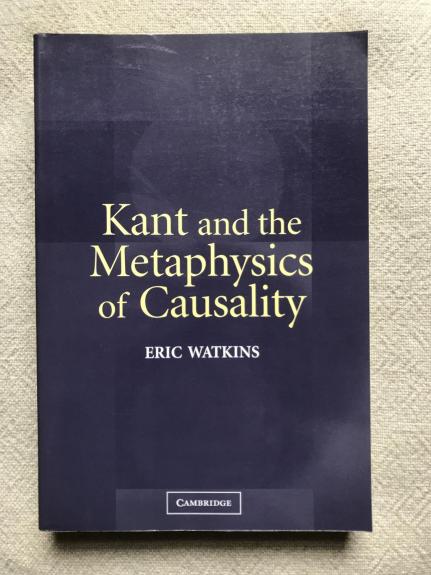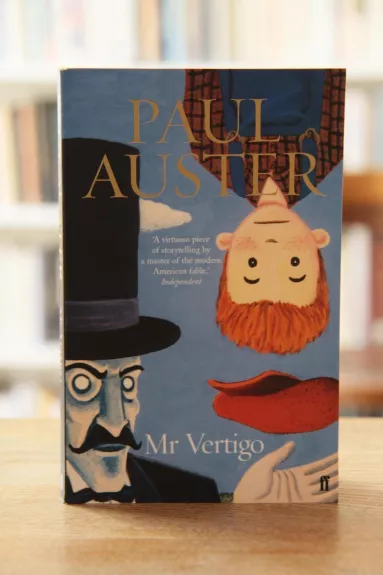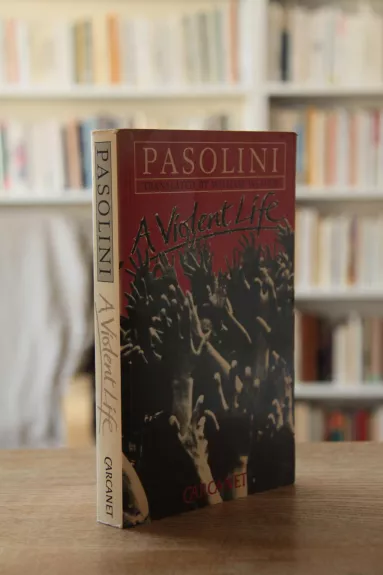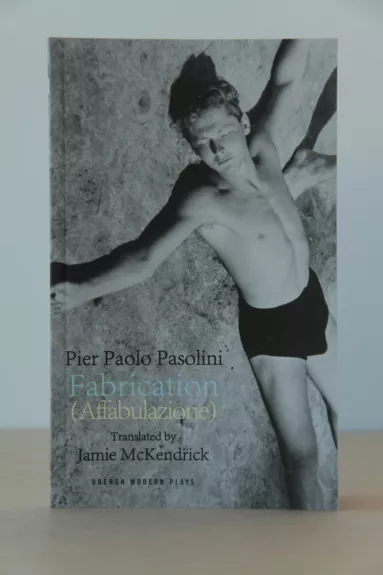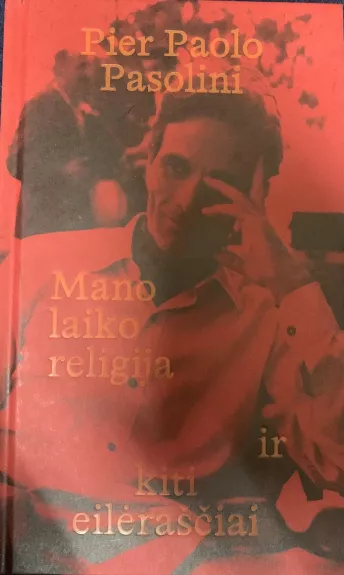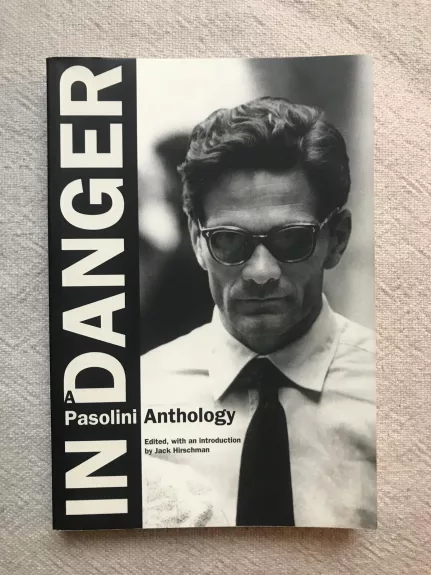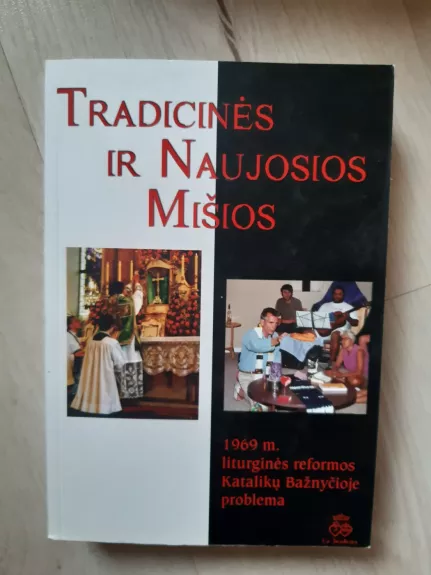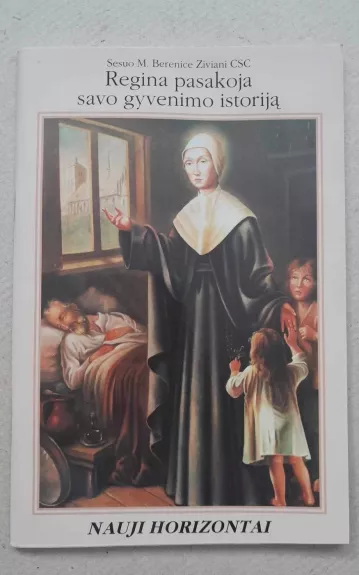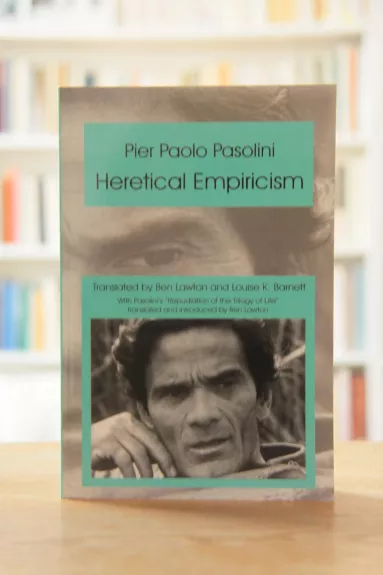
Heretical Empiricism
This is an expanded edition of Pier Paolo Pasolini's long out-of-print Heretical Empiricism. It includes a new Introduction by Ben Lawton that discusses the relevance of the book on the 30th anniversary of the author's death. It also features the first approved translation of "Repu- diation of the 'Trilogy of Life'," one of Pasolini's most con- troversial final essays.While Pasolini is best known in the U.S. as a revolutionary film director, in Italy he was even better known as poet, novelist, playwright, political gadfly, and scholar of the semiotics of film. "New Academic Publishing should be commended for making this expanded version of Pier Paolo Pasolini's Hermetic Empiricism once again available to the English-speaking public, especially in the light of the fact that the important essay, "Repudiation of the Trilology of Life," has been added to its contents. Thirty years after Pasolini's violent death on 2 November 1975, the appearance of this excellent translation and edition of his major writings on Italian film, literature, and language is most welcome. No figure has emerged in Italy since the writer/director's death that has aroused such passionate opinions from all sides of the political and cultural spectrum. The translations by Ben Lawton and Louise Barnett render Pasolini's sometimes complex prose accurately with ample explanatory notes to guide the reader without a firm grasp of the original essays in Italian. This book represents an important work to have in every library devoted to cultural criticism, cinema, and literary theory." -- Peter Bondanella, Distinguished Professor of Comparative Literature and Italian, Indiana University "One of the greatest cultural figures of postwar Europe, Pier Paolo Pasolini (1922-1975), who is already widely known as a revolutionary filmmaker, was an equally important writer and poet. Pasolini's numerous works are published in some 50 volumes, which include poetry, novels, critical and theoretical essays, verse tragedies, screenplays, political journalism, and translations. With this successful and complete translation of Empirismo eretico (a collection of Pasolini's interventions on language, literature, and film written between 1964 and 1971), editors Barnett and Lawton have made a wide sample of Pasolini's most significant theoretical work available to the English-speaking reader. Essays on the screenplay, on the commercial and the art cinema, and on film semiotics make the collection of special interest to American film scholars and students. This volume is further enriched by an excellent introduction, carefully edited notes, a useful biographical glossary, and a thorough index. Given the contemporary interest in studying film, together with other cultural forms, within a broad social and historical context, Pasolini's "extravagantly interdisciplinary" writings beckon as a promising source of insight. A potentially seminal text that could contribute to the further evolution of interdisciplinary humanistic studies, Heretical Empiricism is highly recommended for university and college libraries."


